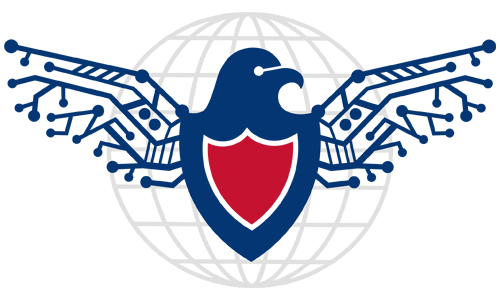
Kathleen M. Carley
Professor of Computer Science, Institute for Software Research; IEEE Fellow; Director, Center for Computational Analysis of Social and Organizational Systems
- Wean Hall 5130
- 412-268-6016
Bio
Dr. Carley is a Professor in the School of Computer Science’s Institute for Software Research, IEEE Fellow, Director of the Center for Computational Analysis of Social and Organizational Systems at Carnegie Mellon University (CASOS), and Director of the Center for Informed Democracy and Social Cybersecurity (IDeaS). She joined Carnegie Mellon in 1984 as an Assistant Professor of Sociology and Information Systems. In 1990 she became Associate Professor of Sociology and Organizations, in 1998 Professor of Sociology, Organizations, and Information Technology, and in 2002, attained her current role as Professor of Computation, Organization, and Society. She is also the CEO of Carley Technologies Inc., aka Netanomics.
Dr. Carley’s research involves applying computational social science, cognitive science, organization science, dynamic network analysis, social network analysis, machine learning, data analytics, and text analytics to complex social and organizational problems such as social cybersecurity, disinformation, disease contagion, disaster response, and terrorism. She develops social and dynamic network analytical and visual techniques, agent-based models, network-based text mining, and machine learning tools, all predicated on blending socio-cognitive theory with advanced computation. She established the area of Dynamic Network Analysis (DNA) – and the associated theory and methodology for examining large high-dimensional time variant networks. Her research is foundational to the new area of social cybersecurity. She is the developer of ORA, a statistical and graphical toolkit for analyzing and visualizing multi-dimensional networks, dynamic-networks, geo-spatial networks with special features for social media analytics. ORA is one of the premier network analysis tools and is used worldwide and at several of the combatant commands. Recent projects have led to the development of new trail analytics and high dimensional clustering techniques for dynamic networks, a new model of social influence which has been used to identify and characterize adversarial behavior on social media, and the assessment of disinformation and hate speech during the COVID-10 pandemic and recent elections.
Dr. Carley is the recipient of an honorary degree from the University of Zurich. She is an IEEE Fellow. She is the recipient of the Allen Newell award for research excellence. She has served as President of the North American Association for Computational and Organizational Simulation (2003-2004) and of the Mathematical Sociology Section of the American Sociological Association (1999-2000). She received the Lifetime Achievement Award from the Sociology and Computers Section of the ASA (2001). In 2011 she received the Simmel Award for advances in the area of social networks from INSNA and became a senior member of the IEEE. She has served as a Task Force Member of the Defense Science Board and of Geographic Information Science Panel of the Strategic Command. She has served on a multiple panels for the National Research Council the most recent being the decadal survey for the social sciences. She is a former member of the DHS-HSSTAC.
Education
Dr. Carley received SB degrees in Economics and in Political Science from MIT, and a PhD degree in Sociology from Harvard University.
Publications
Geoffrey Dobson, Aunshul Rege, A. & Kathleen M. Carley, 2018, “Virtual Cyber Warfare Experiments based on Empirically Observed Adversarial Intrusion Chain Behavior.” In Proceedings from the 13th International Conference on Cyber Warfare and Security.
Kathleen M. Carley, 2021-forthcoming, Social Cybersecurity: An Emerging Science, Computational and Mathematical Organization Theory.
Joshua Uyheng and Kathleen M. Carley, 2020, Bots and online hate during the COVID-19 pandemic: Case studies in the United States and the Philippines. Journal of Computational Social Science. Advance online publication.
Thomas Magelinski, Mihovil Bartulovic and Kathleen M. Carley, 2021-forthcoming, “Measuring Node Contribution to Community Structure with Modularity Vitality,” Transactions on Network Science and Engineering.
David M. Beskow and Kathleen M. Carley, 2020, “You are Known by Your Friends: Leveraging Network Metrics for Bot Detection in Twitter,” In (Eds.) Open Source Intelligence and Cyber Crime.
Carley, Kathleen, Jacqueline A. Merrill, Barbara Sheehan, and P.D. Stetson. “Transition Networks in a Cohort of Patients with Congestive Heart Failure.” Applied Clinical Informatics, 2015.
Carley, Kathleen, Michael J. Lanham, and Geoffrey P. Morgan. “Social Network Modeling and Agent-Based Simulation in Support of Crisis De-escalation.” IEEE Transactions on Systems, Man, and Cybernetics: Systems, 44 no.1 (2014): 103-110. DOI: 10.1109/TSMCC.2012.2230255.
